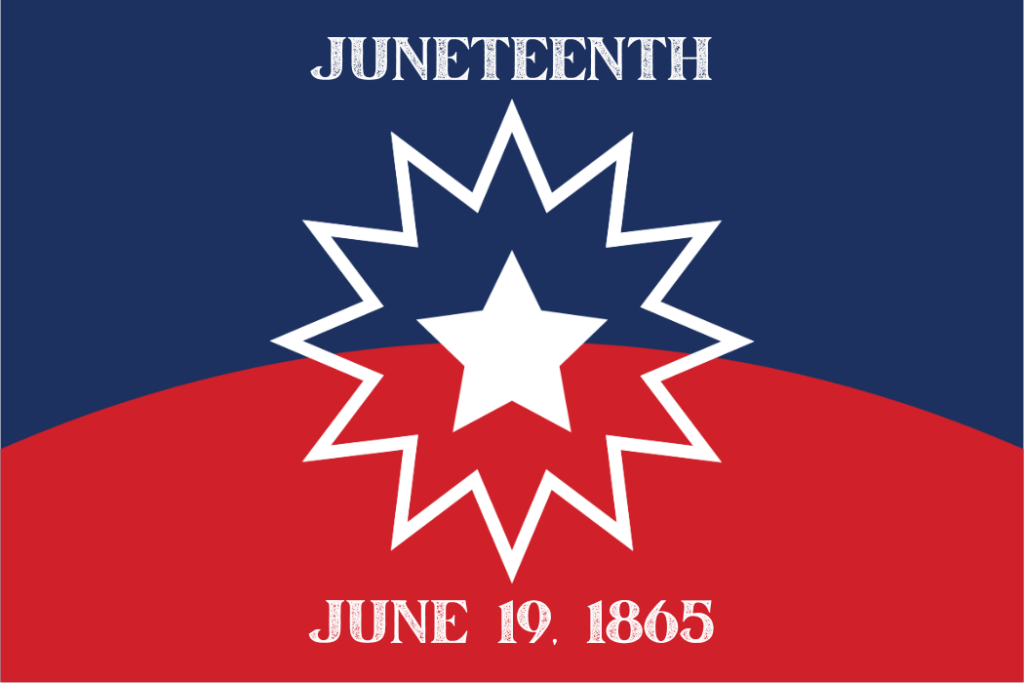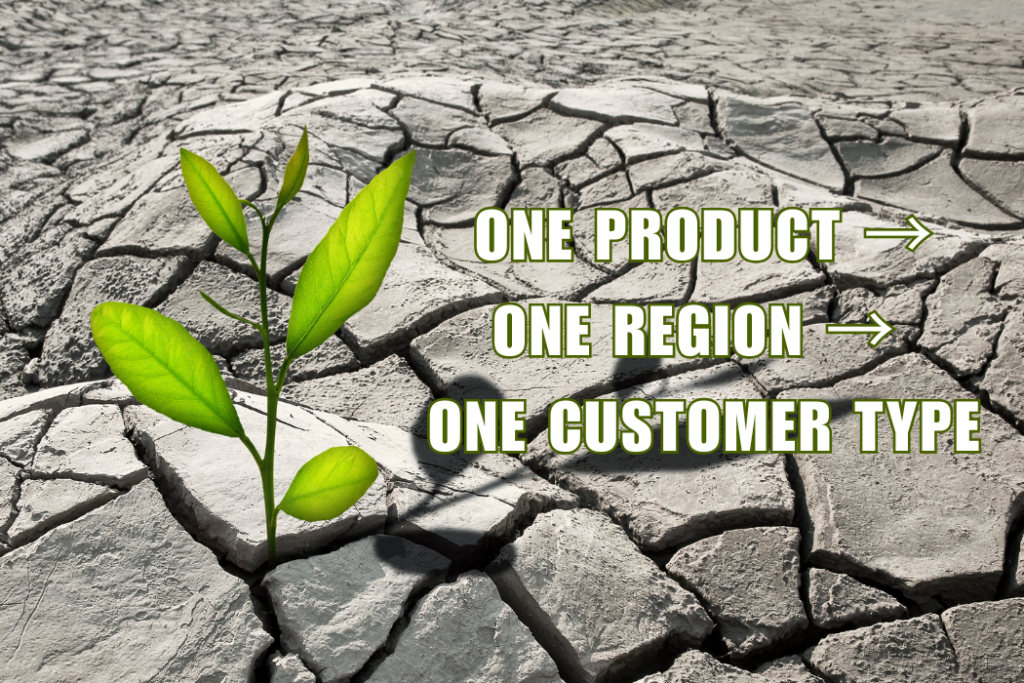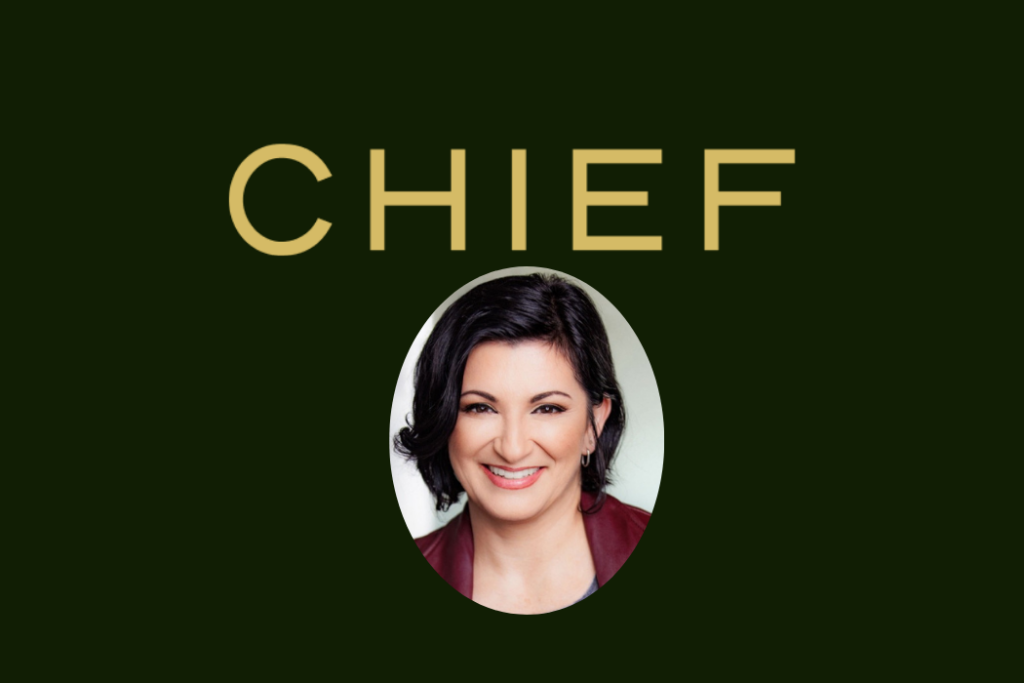
A Facebook post leads to the formation of an organization that provide resources to Black-owned businesses in Kansas City.
Like many cities in America, Kansas City has long had a segregation problem. According to a recent article from the Mid-America Regional Council, Black residents in Kansas City have “one-third the housing wealth of white households” and overwhelmingly “reside in parts of the region where poverty is also concentrated.”
No one understands this reality better than Brandon Calloway, CEO and co-founder of Kansas City Generating Income for Tomorrow (G.I.F.T.) and long-time resident of Kansas City’s historically red-lined area, the ast side. The east side is home to three-fourths of Kansas City’s Black residents and highest concentration of poverty.
In May 2020, aiming to address the racial wealth gap in his community, Calloway drew on over a decade of business and nonprofit experience to co-founded G.I.F.T., a nonprofit that provides grant money, business coaching, and other resources to Black-owned businesses in Kansas City.
As of 2023, G.I.F.T. has already funneled over $1 million in grant money and resources into Black-owned businesses in Kansas City’s urban core, removing barriers to growth for the area’s Black-owned businesses.
Working Hard and Finding Meaning
Calloway is no stranger to hard work. Growing up on the east side, Calloway had to fend for himself and find innovative situations to deal with the challenges his family experienced, including often having to make do without heat, gas, or water in their home. Then, after moving out and becoming a parent at 16, he started working and hasn’t stopped since—holding over 40 jobs in his lifetime.
“I was always entrepreneurial,” he says. “The one thing that I knew when I was younger was that I was smart. [And, the] radical self-reliance that I had to have to survive calls me to create solutions.”
At 18, Calloway started a personal training business and coached the football team at the local high school, which gave him a glimpse of his life’s future purpose.
“I wanted to do my part to help these high school students [from the east side] get to college by getting football scholarships,” says Calloway. “Not so that they could go to the NFL, so that they have free access to higher education.”
Calloway then joined the army. After several years in the service and finishing his Bachelor’s degree in exercise physiology from Avila University, he returned to the sports world, eventually landing a position as a gym owner. However, owning the gym still didn’t fulfill him.
“I wrote the workouts, I got all the sales, did all the business partnerships, all the hiring, firing; I ran the gym. But I wasn’t changing lives,” he says.
Eventually, he landed at United Way, where he worked as a Campaign Associate and Volunteer Engagement Manager and learned about nonprofit fundraising. He was also an active member of the Racial Equity Committee, despite his initial hesitations to participate in DEI work because of the scrutiny and racism that often accompanies it.
“I just didn’t want to put myself in that position,” he says. “But I have a pretty strong value that I don’t complain about things that I’m not willing to do something about.”
A Facebook Post Brought to Life
In 2020, while still United Way, Calloway was scrolling through a Facebook group called Black-Owned Businesses Kansas City (B.O.B.K.C.), he stumbled upon a post from a man named Christopher Stewart.
“He was frustrated, and not seeing [many] Black businesses and Black communities. He was like, ‘Man, there’s 15,000 of us right here in this Facebook group, if we all put in $10 a month, we can take that and grow Black businesses ourselves,’” says Calloway.
Shortly after seeing the post, Calloway, Stewart, and Stewart’s high school friend Cornell Gorman, who is now a G.I.F.T. co-founder and COO, met up to discuss the idea. Quickly, they established a presence online, got paperwork together, started seeking donations, and officially launched G.I.F.T.—only a few days after Stewart had made his original post.
“From May of 2020 to April of 2021, which was our first fiscal year, we actually raised $451,000,” says Calloway, “And at the end of that summer, we gave out our first $10,000 grant to RubyJean’s Juicery, a popular Black-owned business in Kansas City.”
Things snowballed from there: G.I.F.T. raised $1.1 million to support their grant program in 2021, $1.6 million in 2022, and in 2023 they were on target to raise $2 million. The 63 businesses that have received grant funding through G.I.F.T. have created 105 jobs, have an average hourly pay of $16.06, and an average revenue growth of 254 percent.
Addressing the Racial Wealth Gap from the Inside
After doing an initial data analysis of the wealth breakdown in the area, Calloway and his team have worked to address the racial wealth gap in the urban core authentically, by asking the community what they needed and getting them involved at the ground level. In fact, Calloway started creating G.I.F.T.’s offerings by cold calling businesses throughout Kansas City to get a more complete understanding of the difficulties they were facing.
First and foremost, businesses faced a lack of access to capital. These business owners couldn’t just pick up the phone and pitch to a friend or family member, nor did they have the credit scores for loans.
“Most of the businesses…had needs that were $20,000 to $30,000. And so, we offer grants that are $10K, $25K, and $50K,” says Calloway. “And [when] I asked them, other than money what else do you need, they said that they needed accounting, marketing, legal and business coaching. So every, every time we give a grant to somebody, we give them all four of those things for a year.”
G.I.F.T.’s individual-based funding model counts on large numbers of donors contributing small amounts, just like the model at United Way. Putting his passion for cold pitching to work, and adhering to a personal philosophy that he will take a meeting with anyone who asks, Calloway has nurtured a passionate base of nearly four thousand regular donors to help support the mission. In this same way, he has mined LinkedIn and other networks to bring in local accounting, legal, and other business specialists to help support grantees.
Growing G.I.F.T.
Calloway’s tireless sales and networking efforts have continued the nonprofit’s rapid growth. In fact, the number of grant applications they recieve has climbed from 100 per year in 2020 to 100 per month so far in 2023. Grant applications are on G.I.F.T.’s website and are awarded monthly.
Still, Calloway says he’s always looking at ways to address the racial wealth gap in a more substantial way. So, G.I.F.T. added a Black Business Market where businesses could sell their products for free.
“We get around 40 to 60 businesses each month and between 100 and 200 customers each month,” he says, “And it’s a way for us to touch more businesses. [So far,] we’ve had 246 businesses vend with us.”
Likewise, to support more than just their grantees with business literacy, G.I.F.T. opened a brick and mortar Black Business Center in Kansas City in 2022. Here, any curious business owner has access to free legal, marketing, accounting, and business coaching all under one roof. The center is located deeper in the urban core than any other business center, putting it within arm’s reach of G.I.F.T. ‘s targeted demographic.
Within the next two or three years, Calloway also hopes to replicate G.I.F.T.’s model in other hypersegregated communities. But first, he’s focusing on making their flagship sustainable.
“When we are able to reach that point, and we can comfortably and confidently put out a million dollars a year in grants and be satisfied with the amount of impact that we’re having towards our goal of closing the racial wealth gap [in Kansas City], then we can turn our focus to a second market.”
For now, Calloway’s relishing how far G.I.F.T. has come, and the meaning the nonprofit has gives him personally.
“I’ve always wanted to do my part in the community that I came from, and make it better,” says Calloway. “And so being able to now put millions of dollars into the community to create over 100 jobs…is the biggest reward.”













